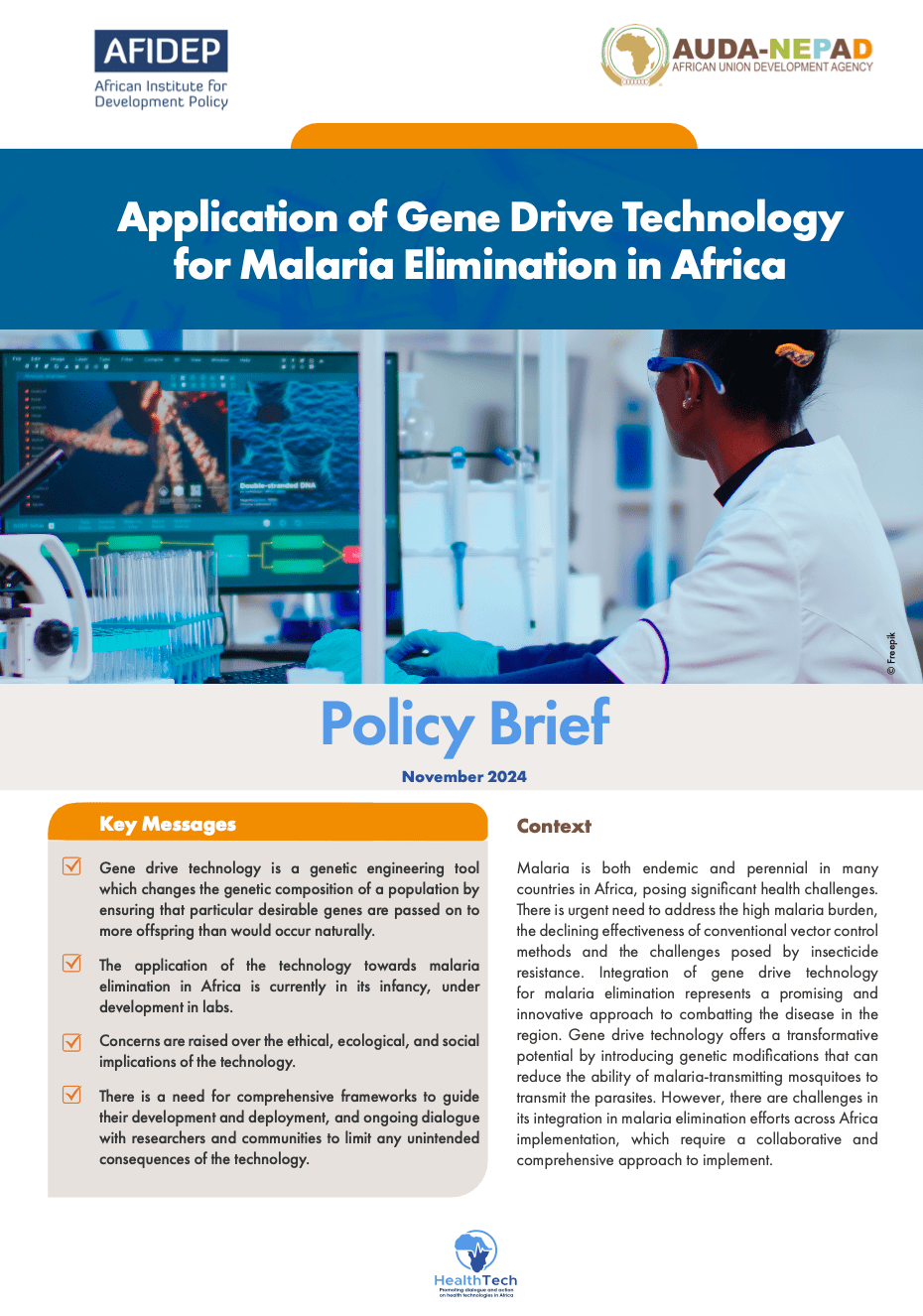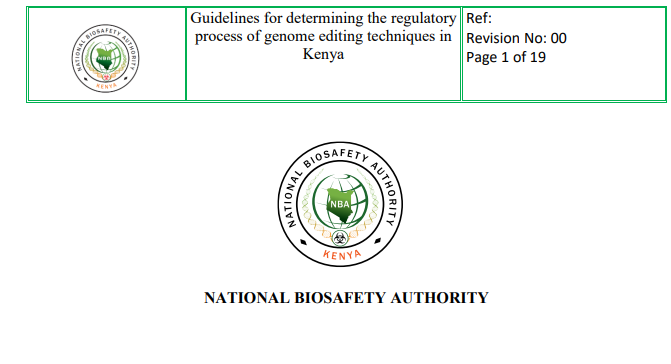Gene drive technology represents a groundbreaking advancement in genetic engineering, enabling scientists to alter the genetic composition of entire populations of organisms. Gene drive technology ensures that a higher proportion of offspring inherit a targeted gene. This increased inheritance rate allows for rapid and widespread genetic changes within a population.
In the realm of public health, gene drive technology holds significant promise for addressing vector-borne diseases such as malaria, dengue fever, and Zika virus. By modifying or reducing the populations of disease-carrying organisms, gene drive technology could potentially decrease the prevalence of these diseases.
Potential Benefits of Gene Drives for Malaria Elimination in Africa
- Gene drives can help reduce the ability of malaria-transmitting mosquitoes (e.g., Anopheles species) to spread the malaria parasite.
- Gene drives could decrease the population size of malaria vectors in targeted areas, lowering the overall risk of malaria transmission.
- The technology provides a novel approach to managing insecticide resistance in mosquito populations.
Examples of Gene Drive Application for Malaria Elimination in Africa
- In Burkina Faso, the Target Malaria project is developing gene drive mosquitoes to reduce malaria transmission. Field trials are planned to evaluate the effectiveness and safety of this technology.
- The Uganda Virus Research Institute is exploring gene drive mosquitoes to suppress malaria vectors and reduce disease burden.
- Researchers in Tanzania are assessing the feasibility of gene drive mosquitoes for controlling malaria, aiming for sustainable reductions in disease incidence
- Studies in Kenya focus on genetically modified mosquitoes with gene drive mechanisms to control malaria vectors, with promising initial results.
- In Mali, researchers in the Target Malaria project are testing gene drive mosquitoes to suppress malaria-transmitting populations.
Policy Recommendations to Guide the Development of Gene Drives for Malaria Elimination in Africa
To guide the application of gene drive technology for malaria control, the following recommendations are proposed:
- Develop policies and regulations that support innovations for health and provide strategic direction.
- Develop clear ethical and social guidelines for gene drive deployment in Africa.
- Invest in research infrastructure to support innovations for health.
- Engage all relevant stakeholders in planning and decision-making processes.
- Form teams with diverse expertise to address the complexities of gene drive projects.
- Provide training to enhance understanding of gene drive technology among policymakers and community representatives.
By implementing these aspects, gene drive technology can be developed and implemented in a way that maximises its benefits while minimising potential risks.



